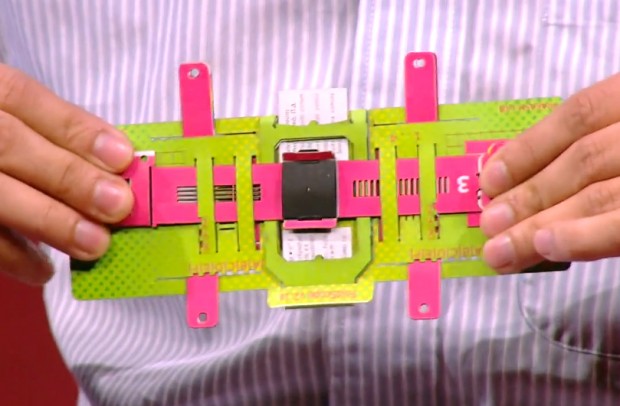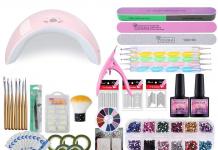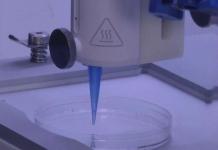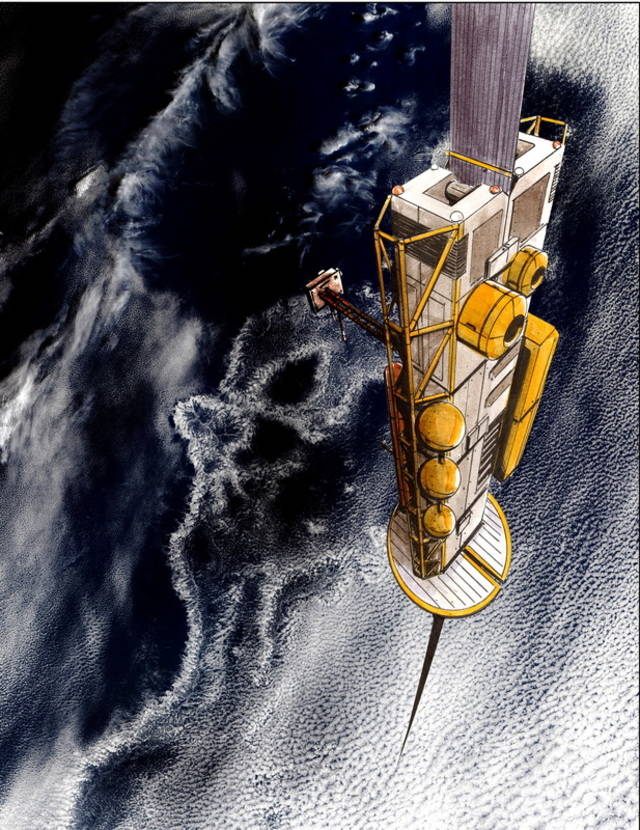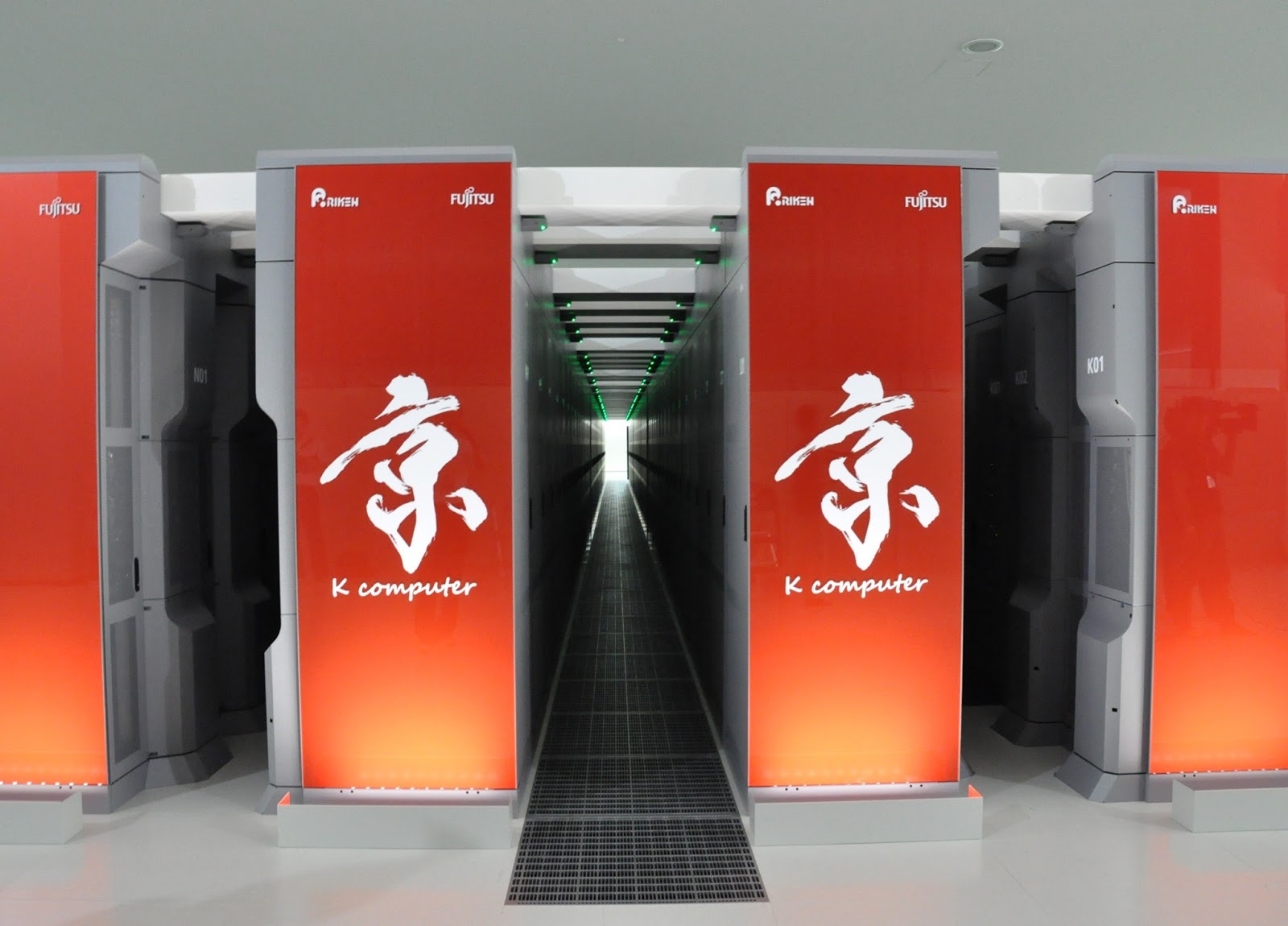Part of being a geek is having an interest in science, but pursuing that interest can get expensive. Luckily, there seems to be a way to get to get the cost down without impacting the quality of research too much.
Meet the Foldscope, a project by Jim Cybulski, James Clements and Manu Prakash aimed to find a way to diagnose and treat diseases in a quicker, more efficient fashion in developing countries, where getting their hands on the proper gear might prove troublesome. Prakash explained In a TED presentation that regular microscopes tend to be bulky and expensive, so they set out to create a cheaper alternative, portable and easy to operate above all in order to be more effective, and the results seem to prove they managed to do exactly that.
The foldscope can manage amplification of up to 2,000X depending on the lens, and can be entirely printed on a card which also doubles as the instruction manual to both build and operate. Foldscope requires electricity only for its LED bulb, which lasts around 50 hours, and creating the whole thing costs only between $0.58 to $0.97.
If you want to become a tester for this futuristic but simple concept, head over to the Foldscope website and apply to become a beta testers.
Source: Technabob
Be social! Follow Walyou on Facebook and Twitter, and read more related stories at Helping Amputees Cope With Augmented Reality and Organovo Will Open the Way for 3D Printed Organs in 2014.

